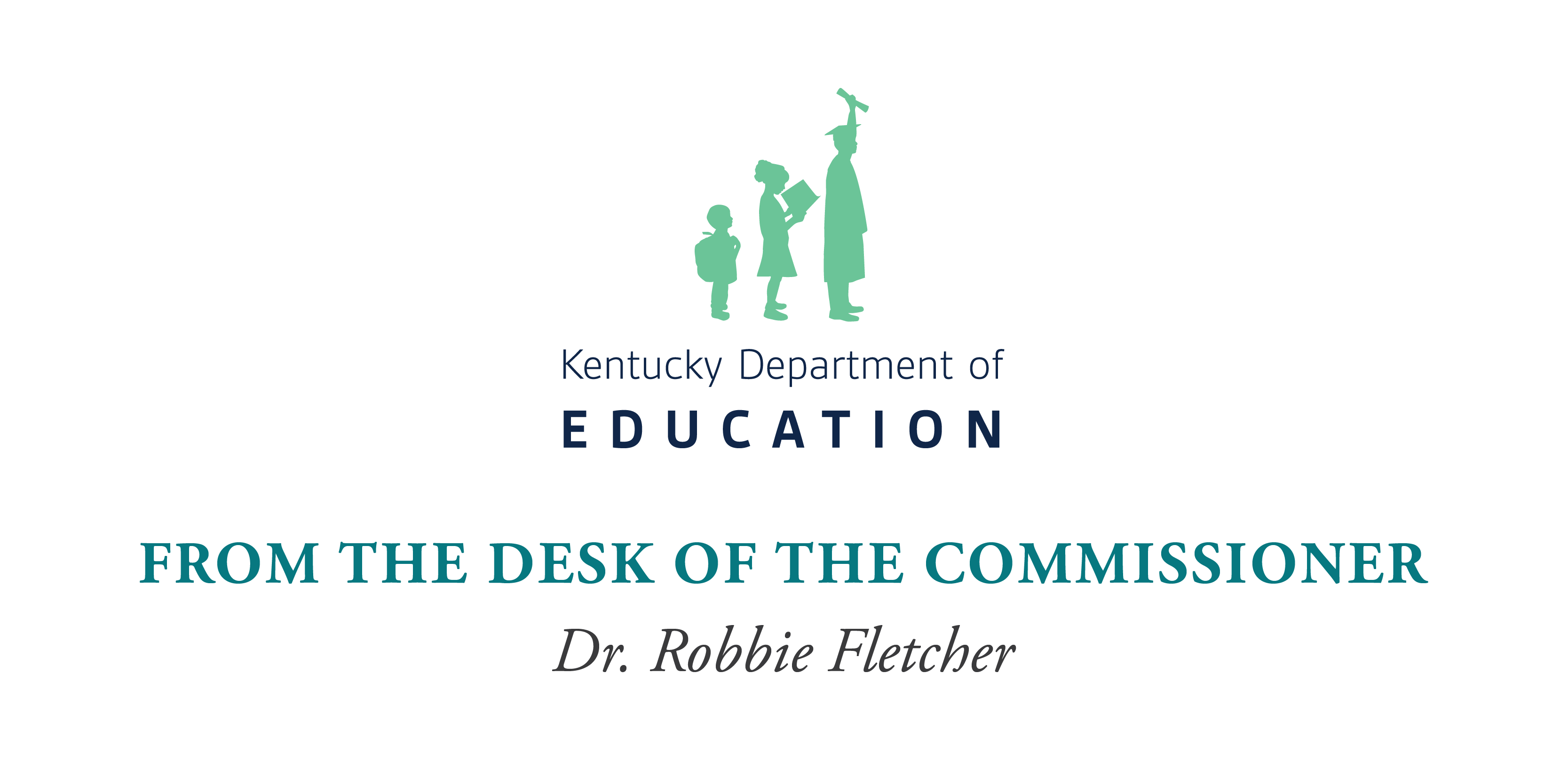- KDE’s panel will group the revised career studies standards into these categories: career exploration, preparation and application; essential life skills; and personal financial responsibility.
- The panel set guidelines for a revision and writing committee that will meet Nov 29-30.
By Mike Marsee
mike.marsee@education.ky.gov
A group of education and business and industry representatives has determined the three categories under which Kentucky’s career studies standards will be revised over the coming months.
The Career Studies Business and Education Advisory Panel met Tuesday at the Kentucky Department of Education’s offices in Frankfort in one of the first steps for revising career studies standards under the Kentucky Academic Standards for Vocational Studies.
The panel determined standards should be grouped into these categories: career exploration, preparation and application; essential life skills; and personal financial responsibility.
The panel also provided guidance for a revision and writing committee made up of teachers that will meet Nov. 29-30.
“We’ve tried to narrow down those big, overarching categories, and the team has provided direction for those categories for the writing team,” said Teresa Rogers, a KDE consultant who helped facilitate the panel’s discussion.
The Career Studies Business and Education Advisory Panel consists of nine members, including five representatives from business and industry, three teachers and one representative from postsecondary education.
The panel considered public feedback on the current standards and concluded that revised standards should be easy for students and parents to understand.
A draft of the revised standards prepared by the revision and writing committee is expected to be submitted for public comment in February. The two committees will hold a combined meeting in March to address public comments and make revisions before the process continues.
The standards are being revised under requirements set by the Kentucky General Assembly in SB 1 (2017), which call for the review of one or two content areas per year and for every content area to be reviewed every six years thereafter on a rotating basis.




Leave A Comment